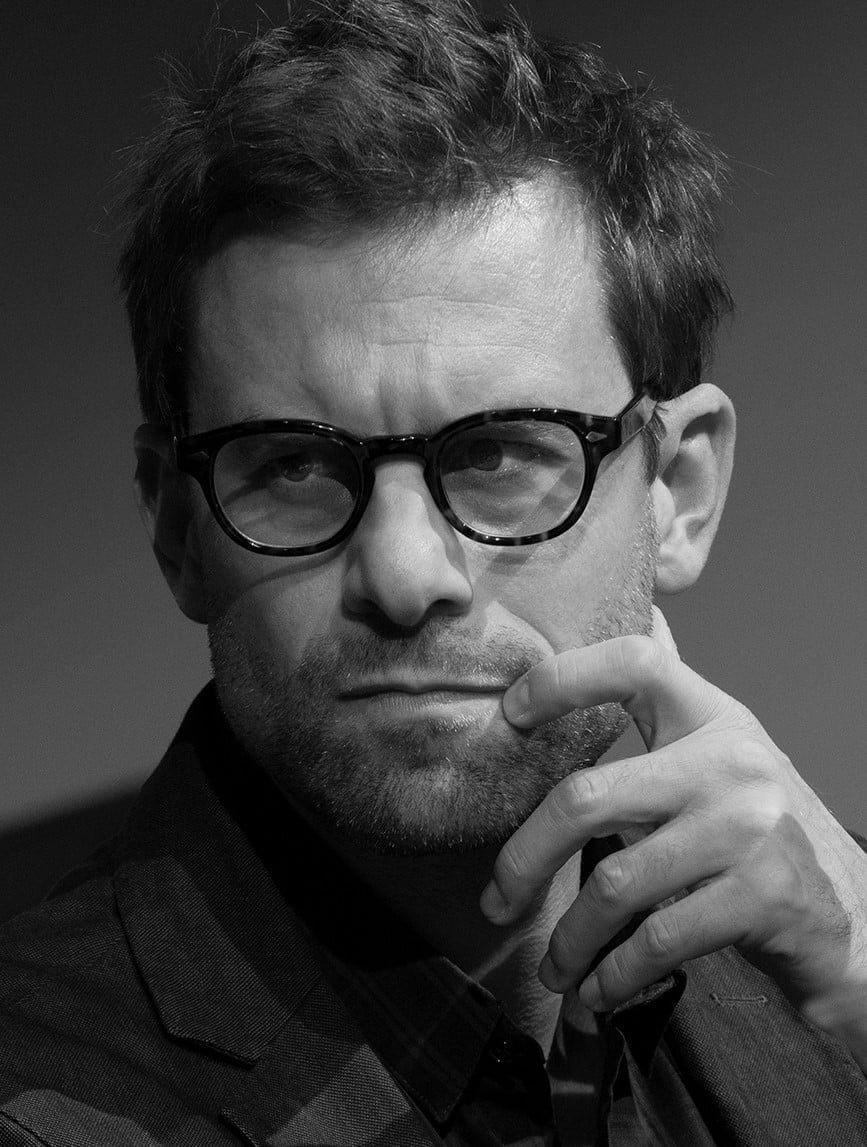
Nicolas Mathieu
- France
- Zu Gast beim ilb: 2019
Nicolas Mathieu was born in Épinal (Vosges) in 1978 and was confronted with class differences at an early age. As a student in private Catholic schools, Mathieu, the son of an electromechanic and an accountant, found himself in much more privileged environment. At the young age of 14, he decided to become a writer. After earning a master’s degree in history and film studies from the University of Metz, he worked in different jobs in the culture and media sector. At the age of 22, he had already written his first novel; he later, however, deemed it to be a »narcissistic cleansing process« and did not publish it.
In 2014, Mathieu made his début with »Aux animaux la guerre« (tr: Animals at War), a kind of end-of-days novel set in a small town in the Vosges mountains where the inhabitants are suffering the consequences of deindustrialization. The novel, for which Mathieu received the 2014 Prix Erckmann-Chatrian and the 2015 Prix Mystère de la critique, served as the basis for a six-part television series by France 3 that was produced in 2018. In his second novel »Leurs enfants après eux« (2018; tr: Their Children After Them), Mathieu writes about the forgotten France of the 1990s. The story is set in the French province, where the social problems after the death of the local industry are oppressive; there are no prospects. Mathieu accompanies his protagonists as they grow up. In the vanishing world around them, they now have to find their own way. They discover their sexuality, feel boredom, and long for another life. Mathieu masterfully captures the dreariness of uniformity, the melancholy of decay, and weaves the language of youth, the racism that feeds on despair, into the textual sound of his novel. In a way, »Leurs enfants après eux« follows the tradition of 19th-century realist literature by writers such as Balzac and Zola. In addition to current social problems, special emphasis is placed on the emotional life of the protagonists and their coming of age, as well as on the exploration of one’s own possibilities by today’s adolescents. »My personal experience has made me particularly sensitive to certain themes: social gaps, the humiliations that result from them, situations where fractures and marked socio-cultural differences are at play. But there is also, on the side of autobiography, the theme of unilateral love, which was the common thread, the central motif of my teenage years.« The novel was awarded the Prix Goncourt in 2018.
Today the author lives in Nancy.
Aux animaux la guerre
Actes Sud
Arles, 2014/2016
Wie später ihre Kinder
Hanser Berlin
Berlin, 2019
[Ü: Lena Müller u. André Hansen]
